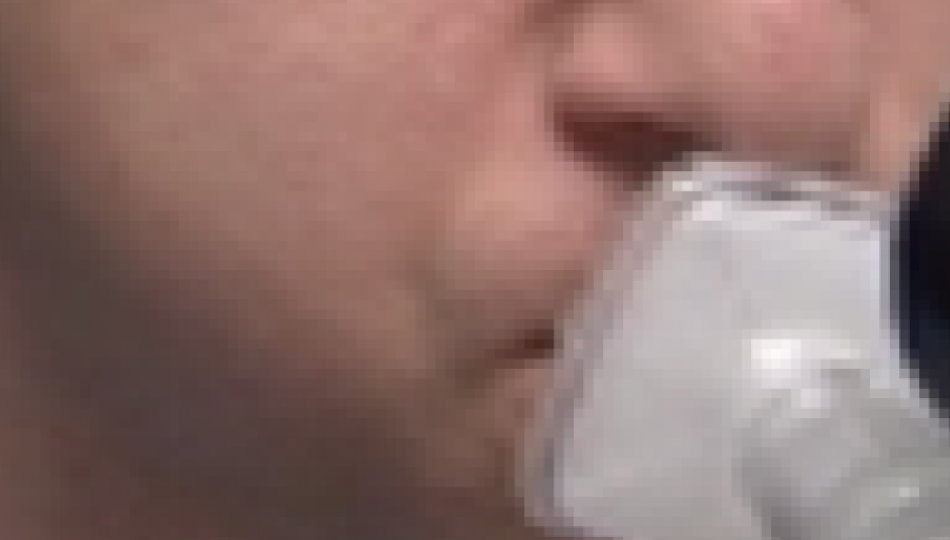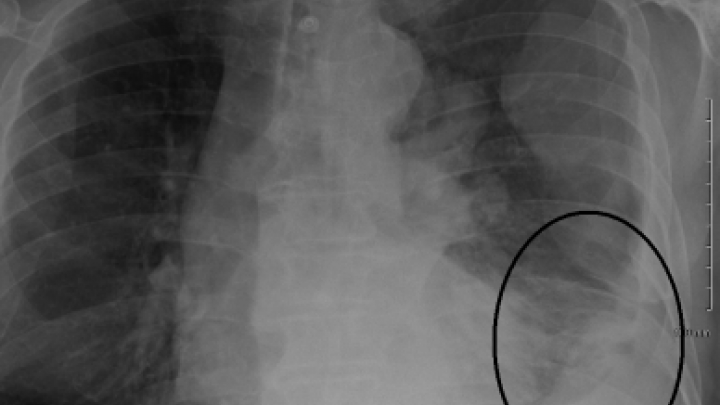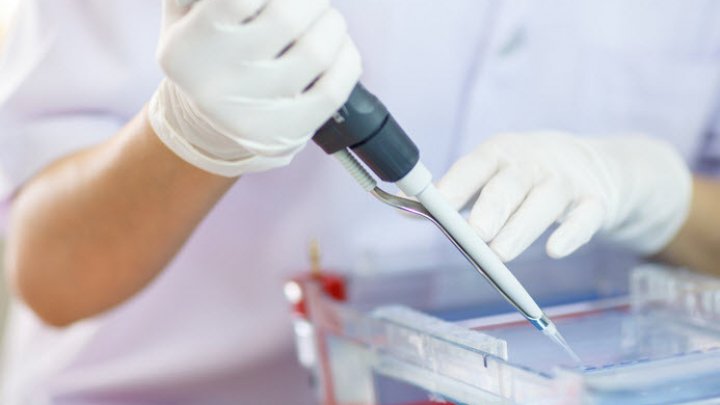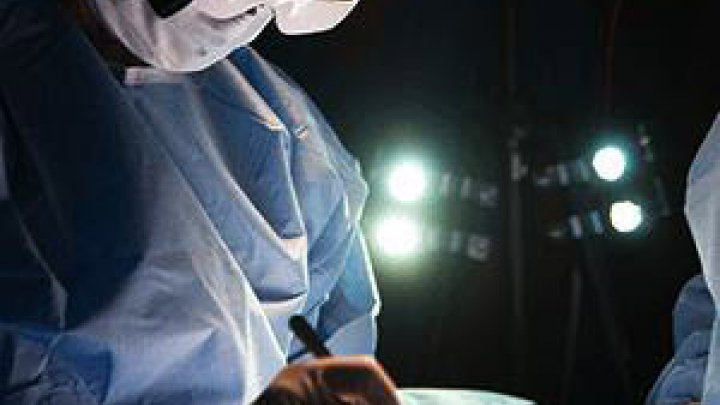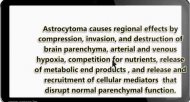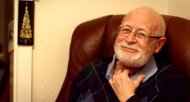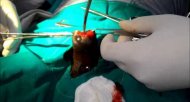Breath Analyzer Technology Aids in Lung Cancer Detection
Law enforcement officials utilize breath analyzer technology to determine a person's blood alcohol level. Thanks to several research studies across the United States, physicians may soon be able to utilize breath analyzer technology to detect if a patient could be experiencing lung cancer.
Researchers from the University of Louisville have created a microchip that can analyze a person's breath and identify cancer's presence. Researchers placed the microchip in a brown lunch bag and had patients blow in and out of the bag. The results were transferred and tested from the microchip, specifically for the presence of carbonyl compounds known to be associated in patients with lung cancer.
The study tested 165 patients and identified 109 patients at risk for cancer. The predictions were correct in an estimated 95 percent of the patients tested.
"It didn't seem to matter what you ate, whether you brushed your teeth before or not or you just smoked, because we identified the compounds that were specific for cancer," says Dr. Michael Bousamra, an Associate Professor of Cardiovascular and Thoracic Surgery at the University of Louisville.
While Dr. Bousamra does not anticipate the breath analyzer technology will replace other lung cancer detection methods, it can quickly confirm or raise suspicions regarding potentially cancerous lesions.
Lung Cancer Detection For Your Smartphone
In addition to the University of Louisville, several other research organizations are testing the potential for breath analyzer technology. NASA recently sponsored the development of a lung cancer screening tool for company Vantage Health. The company intends to create a breathalyzer device that can attach to a smartphone device to detect lung cancer. While NASA and breathalyzer technology may not seem to go together, the organization plans on using the chemical sensors for other applications, such as to detect leaks or harmful gases.
The Cleveland Clinic's Respiratory Institute has also developed a breath analyzer test that detects lung cancer and diabetes. The breath analyzer has identified cancer's presence at an accuracy of 80 to 85 percent, according to researcher Dr. Peter Mazzone. Dr. Mazzone likens the technology to that of testing the "exhaust system" of a car. By assessing a person's breath, Dr. Mazzone says patients can undergo less-invasive measures.
Lung cancer is the leading cancer killer in the United States, more so than breast, colon and prostate cancer combined, according to the American Lung Association. Because it is often detected in its latest, most hard-to-treat stages, lung cancer can prove especially deadly to its sufferers. By identifying patients with cancerous compounds in their exhalations, researchers may be able to identify potentially identify and intervene as early as possible.
However, the likelihood these technologies will be available any time soon are unlikely. More research must be conducted regarding accuracy and to scale the costs for manufacturing such devices. However, the potential for breath analyzer technology does hold promise for use in the detection of a variety of diseases. Until then, researchers like those at the University of Louisville will continue to hone their technology and identify the most common compounds those with lung cancer exhale.
Researchers from the University of Louisville have created a microchip that can analyze a person's breath and identify cancer's presence. Researchers placed the microchip in a brown lunch bag and had patients blow in and out of the bag. The results were transferred and tested from the microchip, specifically for the presence of carbonyl compounds known to be associated in patients with lung cancer.
The study tested 165 patients and identified 109 patients at risk for cancer. The predictions were correct in an estimated 95 percent of the patients tested.
"It didn't seem to matter what you ate, whether you brushed your teeth before or not or you just smoked, because we identified the compounds that were specific for cancer," says Dr. Michael Bousamra, an Associate Professor of Cardiovascular and Thoracic Surgery at the University of Louisville.
While Dr. Bousamra does not anticipate the breath analyzer technology will replace other lung cancer detection methods, it can quickly confirm or raise suspicions regarding potentially cancerous lesions.
Lung Cancer Detection For Your Smartphone
In addition to the University of Louisville, several other research organizations are testing the potential for breath analyzer technology. NASA recently sponsored the development of a lung cancer screening tool for company Vantage Health. The company intends to create a breathalyzer device that can attach to a smartphone device to detect lung cancer. While NASA and breathalyzer technology may not seem to go together, the organization plans on using the chemical sensors for other applications, such as to detect leaks or harmful gases.
The Cleveland Clinic's Respiratory Institute has also developed a breath analyzer test that detects lung cancer and diabetes. The breath analyzer has identified cancer's presence at an accuracy of 80 to 85 percent, according to researcher Dr. Peter Mazzone. Dr. Mazzone likens the technology to that of testing the "exhaust system" of a car. By assessing a person's breath, Dr. Mazzone says patients can undergo less-invasive measures.
Lung cancer is the leading cancer killer in the United States, more so than breast, colon and prostate cancer combined, according to the American Lung Association. Because it is often detected in its latest, most hard-to-treat stages, lung cancer can prove especially deadly to its sufferers. By identifying patients with cancerous compounds in their exhalations, researchers may be able to identify potentially identify and intervene as early as possible.
However, the likelihood these technologies will be available any time soon are unlikely. More research must be conducted regarding accuracy and to scale the costs for manufacturing such devices. However, the potential for breath analyzer technology does hold promise for use in the detection of a variety of diseases. Until then, researchers like those at the University of Louisville will continue to hone their technology and identify the most common compounds those with lung cancer exhale.

